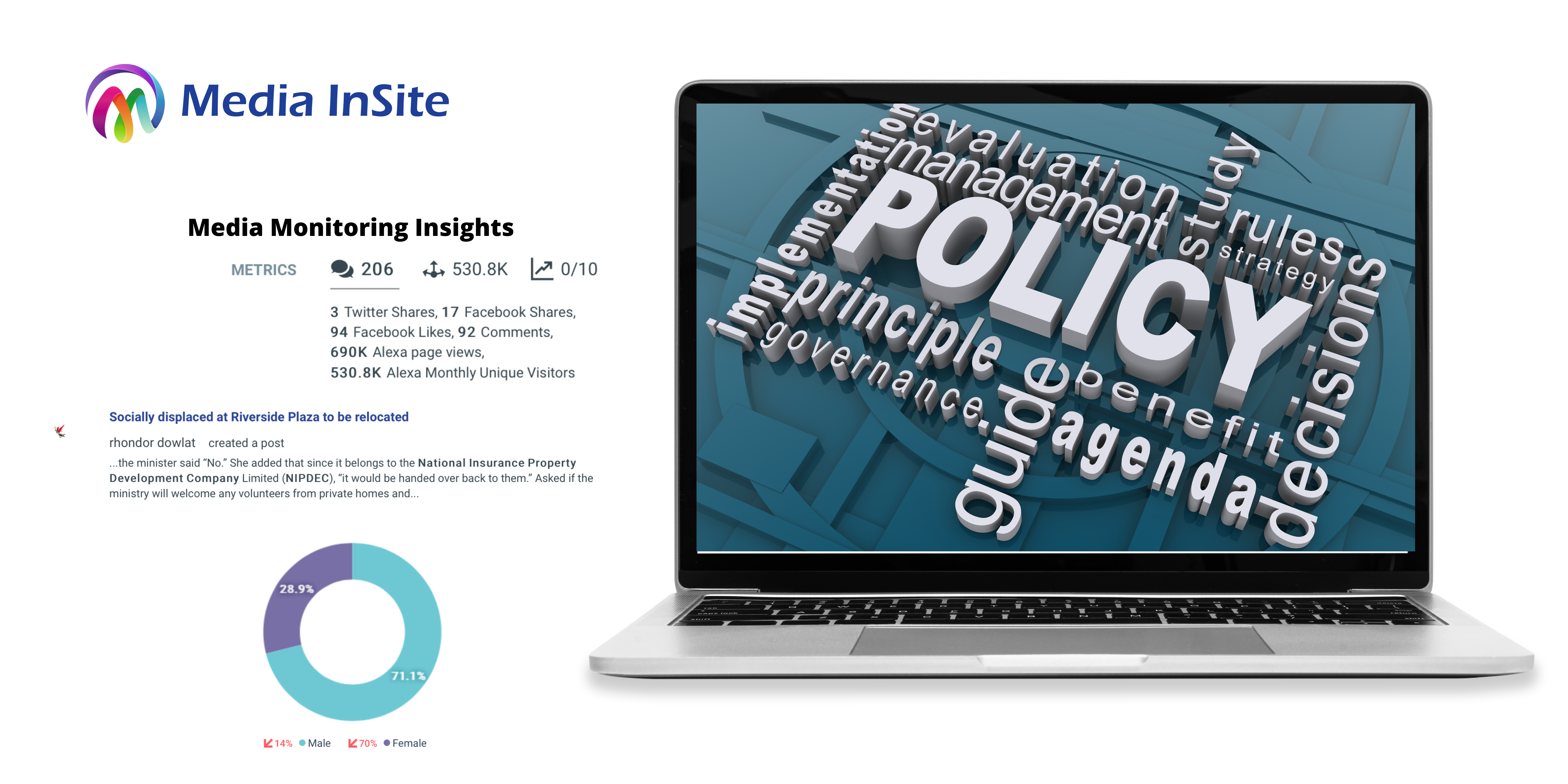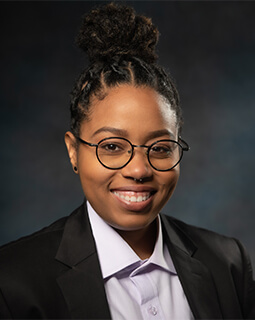


In the Caribbean, several organizations are continuing to show interest in policy reform to meet the needs of the sustainable development goals which ultimately seeks to increase the standard of living for everyone with a chance to a better quality of life. And whilst this line of action has been challenging, organizations are still pushing through. A historical narrative of ‘politicians never listen to the people or our voices are not heard until election’ is cemented in media interviews, reports, public gatherings, and protests. As modes of communication adapt to changes in technological advancements, so too should data collection. So the question remains, what can Caribbean policymakers do to ensure everyone is being served?
Monitoring and evaluation are essential parts of the policy cycle, since it facilitates evidence-based policy design and implementation, increasing the policy’s accountability and transparency, demonstrating achievements towards policy objectives, and assessing the policy’s effectiveness, efficiency, and results.
3 ways that Media Monitoring can boost policy reform in your country:
Issues-based monitoring can help policymakers identify which issues should be prioritized according to public opinion and news reports. Who is saying what? Where? What key messages or issues are repeatedly covered in traditional media or by social?
Using media monitoring can help strategize future communications regarding issues by identifying who is talking about them and what they’re saying. Using archived media data, governments can also study similar issues in the past and improve insights for future communication plans. In addition to this, media monitoring allows policymakers to gather information, not from one particular place but from various regions which will create the opportunity to analyze how an outcome was reached by different leaders.
In Trinidad and Tobago, there have been continuous public gatherings, petitions, and social media discussions and forums on issues such as access to human rights focusing on areas like period poverty, human rights, access to proper health care, police brutality, and education reform. Using our media monitoring and social listening tools offers the proper analysis of these issues from various media platforms outside of on-the-ground data gathering.
Governments are elected to serve, so who would be better to get solutions from, other than the people themselves? Our traditional media monitoring services are quite valuable when seeking to gather recommendations from the public and NGOs in the field of climate change, education reform, police brutality, gender-based violence (GBV), and public health. In the Bahamas, there has been an ongoing debate on GBV specifically marital rape. As it stands, the current policy does not incriminate a man or woman within wedlock who may have caused this nature of harm to their partner. Former prime minister Hubert Ingraham of The Bahamas in a report says that the Bahamas lacked the support needed to reform the law.This is an issue that can be improved with feedback from the public, human rights activists, and grassroots organisations that serve victims and survivors of the said harm.

Data collection continues to be an area that is strained in the Caribbean, that oftentimes hinders the development of sustainable government decisions. Data gathered through media monitoring can be broken down into various industries, sex, gender, location, and sentiment proving to be valuable when making long-term decisions for mass populations. Governments can make intentional decisions based on how different groups will benefit or be affected. Informed year-long strategies can be developed through this aggregated data gained from media intelligence.
Media Monitoring is a versatile tool that serves more than just businesses, it presents a world with opportunities for sustainable change and collaborative work. As Caribbean governments seek to implement policies, annual budgets, and services that meet the needs of their citizens we urge them to see the value and reliability media monitoring can bring to their leadership. Leaders who are out of touch and discounted are far less trusted to serve and bring forth change.

Media InSite Ltd.
ESG Business Suites,
9-11 Fitt Street,
Woodbrook, Port of Spain,
Trinidad and Tobago
Tel: +1 868 607-4MIS

Copyright © 2023 Media InSite. All Rights Reserved. Designed by Upotive Ltd.
Fill out the form below and we will contact you to arrange your discovery call and set up a demo.